“Grace Covenant Presbyterian Church firmly believes it is time for these entities to address the pervasive anti-Black racism by approving these recommendations and providing reparations.”


“Grace Covenant Presbyterian Church firmly believes it is time for these entities to address the pervasive anti-Black racism by approving these recommendations and providing reparations.”
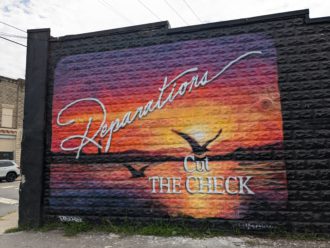
City staff, however, plans to recommend the commission get only another three months to complete its task of finalizing recommendations for how the city and county can repair harm caused by generations of systemic racism and produce a final report. The discrepancy rankled commission members.

“Why not locate a resource center and an early childhood education center for Black students there, at 441 Haywood Road?”
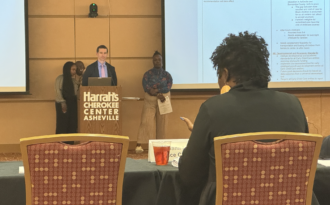
The Community Reparations Commission of Asheville and Buncombe County passed three education-centric recommendations May 13, adding to the four endorsed earlier this month, informing how the city and county can make amends for generations of discrimination towards Black residents.

As a deadline nears for the Community Reparations Commission, pressure mounts for the group to finalize its recommendations for how the City of Asheville and Buncombe County governments can make amends to their Black residents.
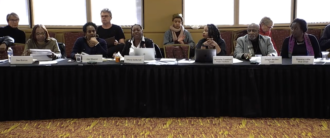
At a Community Reparations Commission meeting March 18, the Carter Development Group identified four themes and outlined 10 “high priority” recommendations for actions local governments should take to cease harm to their Black residents.
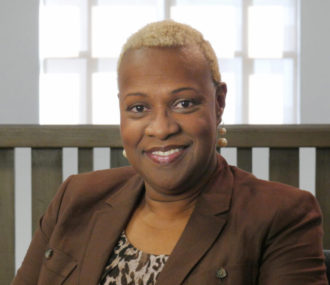
As former Equity and Inclusion Director Brenda Mills reflects on her career as she begins retirement, two accomplishments stand out. One is the positive reception city employees gave a plan to increase racial equity. The other is the Reparations Commission.
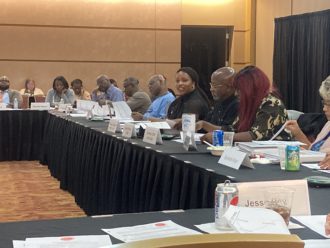
In her first move as facilitator, Vernisha Crawford implemented a more rigid meeting process designed to allow more commission members an opportunity to speak while keeping meetings on schedule, things the 25-member commission had struggled to do at times.
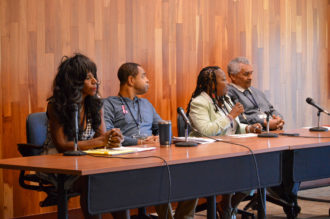
After 18 months of meetings and nearly $500,000 spent, Asheville’s reparations commission — tasked with making recommendations for restitution for generations of racial injustice — has now lost its second project manager in a year. Additionally, the commission is asking for more time to draft its final recommendations.
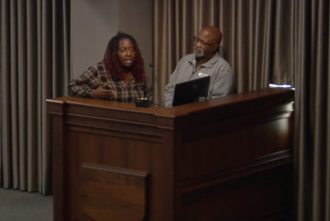
The proposed audit, presented to the Buncombe County Board of Commissioners on Jan. 17, would look at whether the city and county are complying with “federal and state laws, regulatory bodies, codes of conduct, court orders and consent degrees,” with a focus on damage caused to the Black community by noncompliance.

The county’s ad hoc reappraisal committee, tasked with reviewing allegations that Buncombe’s tax assessment process was unfair to low-income residents and communities of color, presented its recommendations to the board. And commissioners approved annual funding for reparations, honoring a request from the joint Asheville-Buncombe Community Reparations Commission.
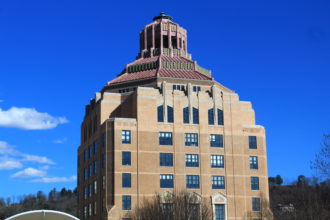
Asheville City Council will hold a hearing on the proposed fiscal year 2022-23 budget during its 5 p.m. regular meeting Tuesday, June 14. In anticipation of that hearing, Xpress has pulled 10 noteworthy takeaways from the 112-page document.
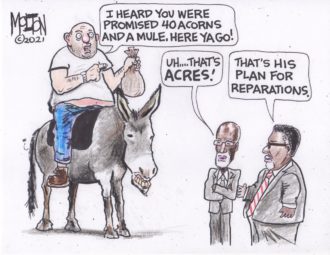
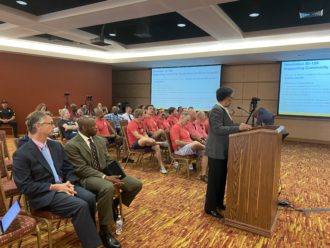
As in previous years, members of the public both applauded the city for funding long-promised initiatives, such as the 2018 Transit Master Plan and increases to firefighter pay, and voiced concern over how other taxpayer money would be spent.
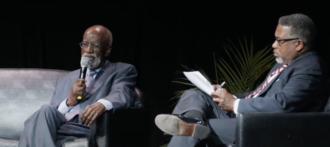
The speaker series is part of a three-phase process to create and empower a joint Asheville-Buncombe County Reparations Commission. Once formed, the commission would be tasked with making short-, medium- and long-term recommendations to repair the damage caused by public and private systemic racism.
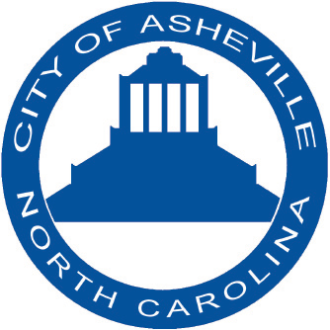
Asheville City Council and the community will participate in city business face to face for the first time since April 2020. The meeting will take place in the Banquet Hall at Harrah’s Cherokee Center – Asheville at 5 p.m.
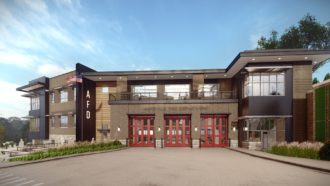
Some additional revenue will be needed to fund a growing list of priorities for the 2021-22 annual operating budget, city staffers suggested at an April 27 Asheville City Council budget work session.
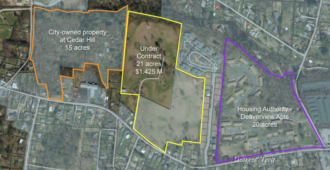
Eventually, the city plans to use the land to revamp Deaverview into a “purpose built community,” which, according to the Atlanta-based nonprofit steering the national model, would help local leaders create “greater racial equity, economic mobility and improved health outcomes for families and children.”
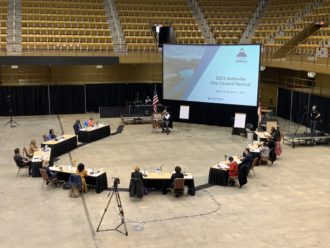
As the sometimes contentious discussions unfolded, members grappled with ambitious priorities for the upcoming year, and, perhaps more importantly, what their working relationships would look like for the next 18 months.

For months, residents have pressured elected leaders to fulfill their commitment to reparations for Asheville’s Black community. Plans are now in the works to form a joint city and county Reparations Commission by July, says Asheville City Manager Debra Campbell.
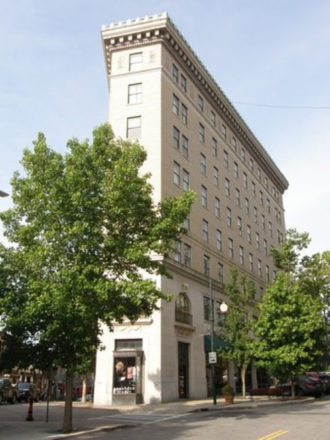
The new regulations allow hotels with 115 rooms or fewer to avoid a Council vote if they meet a series of design requirements, are located in a newly approved overlay district and contribute to equity-related public benefits.